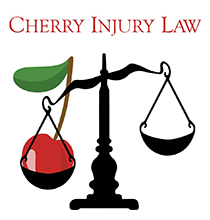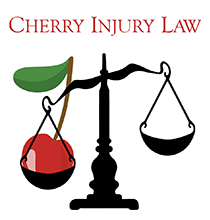With the temperatures reaching record highs this summer, OSHA has kicked off a new campaign aimed at eliminating the thousands of heat-related illnesses that occur on the job each year. The slogan is: “Water. Rest. Shade. The work can’t get done without them.”
As we have been discussing, employers and workers in states like Pennsylvania that aren’t used to such high temperatures should especially take note, OSHA said.
Here are some tips OSHA has for outside workers and their employers:
- Implement a plan at the worksite to help prevent heat-related illnesses and make sure that medical services are available to respond to an emergency in case one should happen.
- Provide plenty of water at the job site and remind workers to drink small amounts of water throughout the day about every 15 minutes.
- Schedule rest breaks throughout the work shift and provide workers with shaded or air conditioned rest areas.
- Let all new workers adjust to the heat gradually by increasing the work load over a week.
- When possible, schedule the biggest tasks for earlier in the day.
Workers who suffer from heat-related injuries could be eligible to workers’ compensation benefits for lost wages and medical expenses. But keep in mind, the illness or injury had to have occurred at the workplace or while performing some duty of the job.
Another important thing for workers to keep in mind is that their employers cannot fire them for making complaints about their exposure to heat or asking for more water breaks when they feel that their health is at risk. This is because concerns raised about health and safety are protected by federal law and cannot be retaliated against.
Workers who are made ill or injured because of the heat while on the job could also have a potential personal injury lawsuit against their employer. However, it must be shown that the employer knew or had reason to know of the threat of harm but ordered the work to continue in the unsafe conditions anyway.
Source: msnbc.com, “Feeling the heat: Most dangerous summer jobs,” Eve Tahmincioglu, Aug. 8, 2011.








 Cherry Injury Law RSS Feed
Cherry Injury Law RSS Feed



